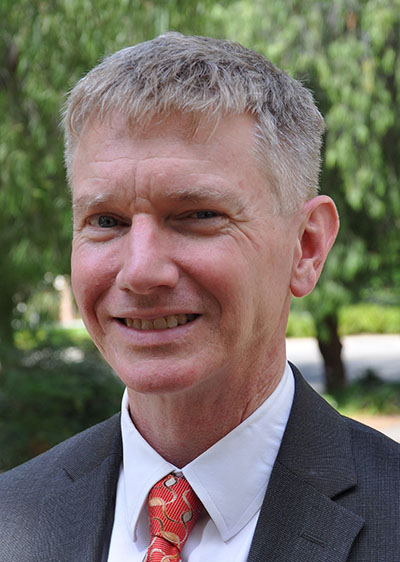Prytaneum: A Web-Based Town Hall Platform Designed for Public Meetings

Overview
- Artificial Intelligence-enabled virtual space designed to host public meetings
- Platform design is motivated by democratic principles
- Collects and analyzes diverse opinions and stakeholder perspectives
- Ensures under-represented voice are heard
- Supports aligning policies with informed, divergent community viewpoints
Developed by TeCD-Lab at UC Riverside, Prytaneum is a new, highly-interactive online town hall virtual platform specifically designed for hosting public meetings. Prytaneum creates town hall events that enable public officials to gain insights into the diverse perspectives of their communities–reinforcing democracy by giving individuals a direct voice in policy making and government officials insights into the diverse, considered opinions of their constituents. Unlike traditional meeting formats, Prytaneum promotes inclusion of underrepresented perspectives and ensures underserved communities have a voice in policy making. One can think of engagement on Prytaneum as similar to conducting public opinion surveys for local communities, collecting stakeholder perspectives on policies and text data that can be mined to reveal the full range of diverse reasoning and viewpoints in a local community on important policy topics.
A Web-Based Town Hall Platform

The web-based platform combines a research-tested user interface with the power of artificial intelligence (AI) to enable and routinize direct, constructive democratic engagement at scale. Prytaneum is web-based, mobile-friendly, and has a user experience similar to a social media platform. Its democracy-reinforcing engagement is supported by curation algorithms that ensure diverse voices in the community are heard and encourage on-topic and informed participation. The curation algorithm is trained to a library of topics, each relying on factually-accurate, non-partisan, and policy-relevant reading material. Prytaneum’s algorithmic curation enables constructive and informed dialogue between government officials and their constituents–creating opportunities for democratic engagement unavailable through existing, commercially available webinar or streaming platforms.
The screenshot in the image above is taken from a recent pilot listening session from June 2024, hosted by the California Mental Health Services Oversight and Accountability Commission (the “Commission”) and by the TeCD-Lab at the University of California, Riverside. The listening session was centered on the topic of K-12 school-based mental health services. Prior to the listening session, the TeCD-Lab created an outreach website, in both English and Spanish, to publicize the event, explain its purpose, and to distribute the non-partisan, factually-accurate reading material from the TeCD-Lab listening session to listening session participants. Using the reading material, we used the AI algorithm to extract five relevant topics: school-based mental health services, parental support, stigma, funding, and early intervention and prevention.
At the beginning of the listening session, community members were prompted to share the reasons why they attended the session and their interests and concerns about student mental health, which enabled the organizers to understand the diverse perspectives in the session. Then participants were specifically prompted to share their thoughts about each of the topics by responding to prompts, such as:
- What do you feel are the best ways to reach students before mental health needs become severe and disabling?
- What are your views on screening all students in school for mental health needs, also known as universal screening?
- How can parents, students, and community members best be engaged to inform and design school mental health services?
For each prompt, the commission staff shared the corresponding efforts underway at the commission, then the community members shared their views, and then the commission staff reviewed the community perspectives and responded. In this way, all community members had a voice during the session; the session remains on topic, diverse perspectives were heard, and engagement between the commission and the community was dynamic and interactive.
Developed by UC Riverside TeCD-Lab
Prytaneum is developed by the TeCD-Lab at UC Riverside and has received support from the Democracy Fund, the Institute of Education Sciences, the UCR OASIS program, and UCR Information and Technology Services. The platform is still in development and testing likely until the end of Summer 2024. Once Prytaneum is completed and tested we expect to make it available for wide use, although the plans for licensing the platform are still in progress. Additional resources include updates on the Prytaneum website, a recorded presentation at the Wayne Morse Center “The New Town Hall: Building a Communications Platform for Democracy,” and a full project summary for Prytaneum.
CRB Nexus Guest Author

Kevin Esterling is Professor of Public Policy and Political Science and the Director of the Laboratory for Technology, Communication and Democracy (TeCD-Lab) at the University of California, Riverside, and affiliate of the UC Institute on Global Conflict and Cooperation (IGCC). He is the past interim dean of the UCR Graduate Division. His research focuses on technology for communication in democratic politics, and he has interests in Bayesian statistics, machine learning, natural language processing, experimental design, and science ethics and validity.
